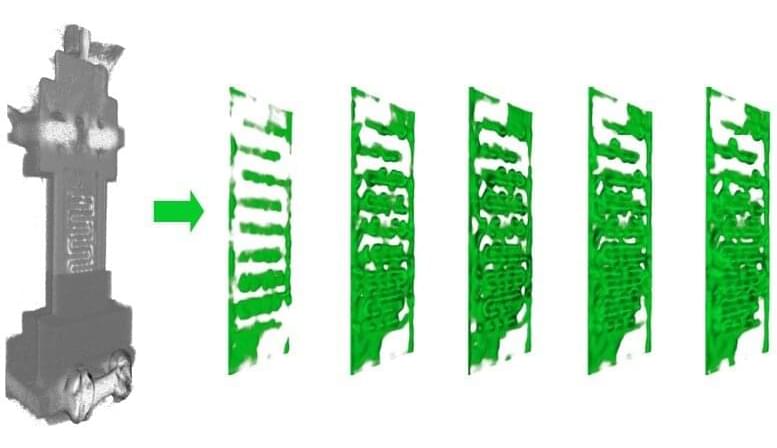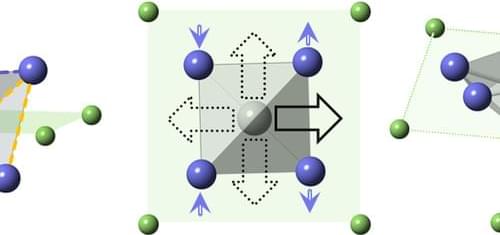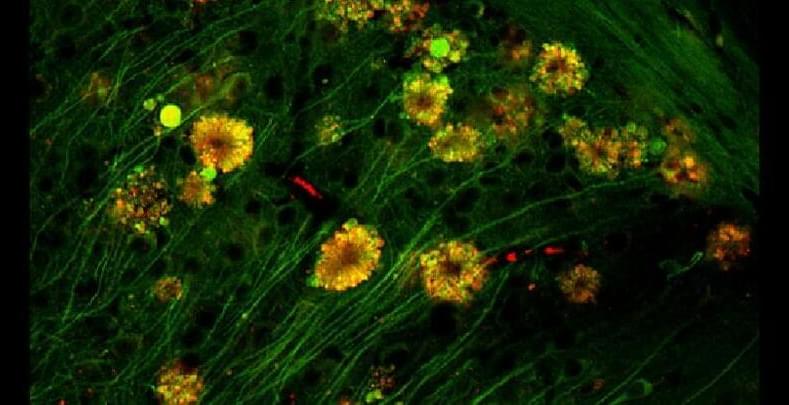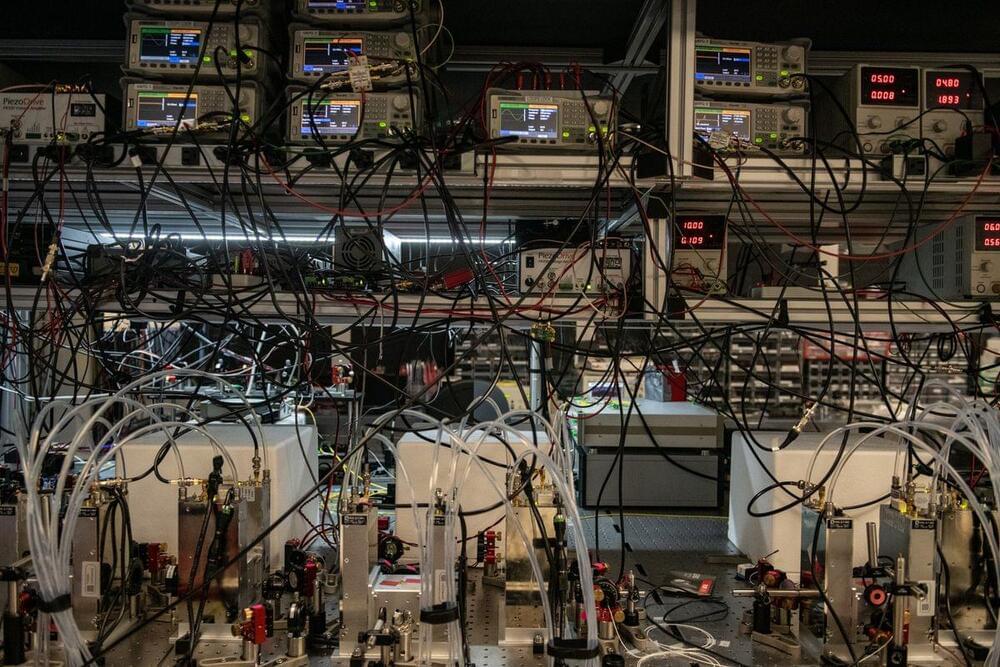# **Space Renaissance News: Starship 24 ready to fly to orbit!** ## **Space News from Planet Earth** * **The Space X Starship 24 prototype** is going through the preliminary test campaign, in view of the first launch to orbit, that should take place within the month of June. FAA recently gave 13 June as the date to release its clearance to the launch of the first fully reusable space vehicle from the Boca Chica Starbase. Rumors say this could be the right time, after so many delays, since 2021, when Elon Musk said Starship was ready to fly to orbit. However, even if the launch from Boca Chica would be cleared, as we hope, Space X is moving to develop a launch site at Cape Canaveral, where the environmental issues are not that critical. We have to care about environmental impact, however the consolidation of the first 100% reusable orbital vehicle is paramount important for overall costs reduction and for the kicking off of Civilian Space Development. Therefore we very much hope that this first crucial test will be possible from the Starbase, where it is ready to go. Crossing fingers! * The 4 of June, **Blue Origin successfully completed its fifth human spaceflight** and the 21st flight for the New Shepard program. The astronaut crew included: Evan Dick, Katya Echazarreta, Hamish Harding, Victor Correa Hespanha, Jaison Robinson, and Victor Vescovo. Blue Origin is walking briskly on the road of space tourism. Carrying civilians to space is a key challenge. The Bezos’s company already demonstrated to be able to transport elder people to suborbital altitude without damages to their health. It means that acceleration is smooth enough, and the ergonomic conditions onboard are suitable for people who didn’t go through a hard astronautic training. We’re eager to see the next steps, also by the other dealers, Virgin Galactic and Space X. * May 31, **Sierra Space announced a strategic partnership** with aerospace manufacturer Spirit AeroSystems for production of cargo modules for its Dream Chaser vehicles. The companies said they signed a letter of intent under which Spirit will assist in the development and production of Shooting Star, the cargo module attached to the aft end of the Dream Chaser lifting body vehicle. That module will support future cargo missions to the International Space Station under Sierra Space’s contract with NASA, and for other applications. Sierra Space’s Dream Chaser spaceplane is a multi-mission space utility vehicle designed to transport crew and cargo to low Earth orbit (LEO) destinations such as the International Space Station. Dream Chaser was selected by NASA to provide cargo delivery, return and disposal service for the space station under the Commercial Resupply Service 2 (CRS-2) contract. The Dream Chaser Tenacity™ spaceplane will be the first vehicle in our Dream Chaser fleet of orbital vehicles. Dream Chaser will provide a minimum of six cargo missions to and from the space station carrying critical supplies like food, water, and science experiments, returning to Earth with a gentle runway landing. * About one week ago, **Stratolaunch revealed its first hypersonic design for high-altitude flights. **The Talon-A test vehicle will eventually drop from the biggest airplane ever built, known as the Roc, that already has made 5 flights. The Mojave, California-based company announced that it has structurally completed the Talon-A test vehicle, known as TA-0. A future flight of Roc will release TA-0, which is unpowered, to assess Roc’s systems. “After completing TA-0 separation testing, the company will transition to flying its first hypersonic test vehicle, TA-1,” Stratolaunch stated. “The team has also started fabrication of a third vehicle, TA-2, the first fully reusable hypersonic test vehicle,” Stratolaunch representatives added. * **NASA selects Axiom Space and Collins Aerospace** to build next-generation spacesuits for Artemis moon program and other ISS mission. The next-generation spacesuits these spacesuits will be also worn by crew members on the ISS. Notably, Axiom Space had also organized commercial flights to the ISS. NASA’s **Artemis 1** moon mission will be the agency’s first big step toward returning astronauts to the lunar surface. Formerly known as Exploration Mission 1 (EM-1), Artemis 1 will be the first test flight of the agency’s new Space Launch System megarocket and the Orion crew capsule. The SLS rocket will launch the uncrewed Orion spacecraft on an approximately 26-day mission, during which it will spend six days orbiting the moon before returning to Earth. After some reparations to SLS required by the first tests, Artemis 1 is now scheduled to launch in August 2022. ## **Space Renaissance & Partners, Events and Activities** * **The Space Renaissance Art & Science Festival **will be held in Berlin, from 7 to 9 of July 2022. The 3 days conference will host several artists and experts of space matters and programs from Europe, US and other Countries. And, of course, a large representation of the German space community. The program includes both English language and German language Panels. Some speakers will be physically present, while others will present virtually. The location is the historic Archenhold Observatory of Berlin, generously offering the rooms and the systems for the development of the Festival. On the SRI website it is possible to see the whole programme and to register for free. * The Space Renaissance Academy is kicked-off the **SRI Ambassadors High Level Training Course**. The Calendar of the lectures in 2022 is now published on the SR Academy website spacerenaissance.space, where it is also possible to register to attend the lectures. Registration is free for SRI members, while we ask for a free donation by non members. The first lecture, to be given June 26th, is “Utopian thinkers and Space Philosophy”. * **SRI has kicked-off its internship programme**. Already 3 conventions were signed with universities, to allow our interns to get credits by this activity. They are already helping in the frame of the SR Academy, to build our lectures, and to search world-wide literature for adding references to our works (papers, presentations, projects). The Statement of Work for the available internship roles is published on the SRI website, where it is als o possible to apply for the open positions. * **Nancy Wolfson gave a speech to ISDC 2022**, May 28th, representing our President Prof. Bernard Foing, who was invited by Michell Hanlon, the actual President of NSS. * SRI and ACES World Wide are working to organize a **special workshop at UN session** of September 2022, on the theme of space safety and space science & exploration sustainability. More info to come. * **SRI president B. Foing attended IAF GLEC conference on space emerging countries in Quito Ecuador 1–20 May**, as panelist about Exploration ecosystem, and as moderator of panel on Latino american culture in space. Prof. Foing organised and co-chaired sessions at EGU European Geoscience Union Vienna four sessions co-sponsored by EMM/ILEWG on 25–27 May: Analogue research, open session on planetary instrumentation, Lunar science and exploration, open session on Earth Atmosphere, land and ocean. * Foing also reports about **EuroMoonMars, holding a EuroMoonMars Results Open Virtual Workshop** on Monday 6 June 15-18h CEST * **SRI president B Foing attended a SGAC Space Generation event at ISU Strasbourg** on 4 June with 200 attendees, where he discussed collaborative opportunities with SRI and EuroMoonMars. * SRI president B Foing is also attending **a top level event “Objectif Lune” organised by CNES: ANRT at Paris Musée d’Histoire Naturelle** on 7 June evening.
06 June 2022
Bernard Foing, SRI, President.







